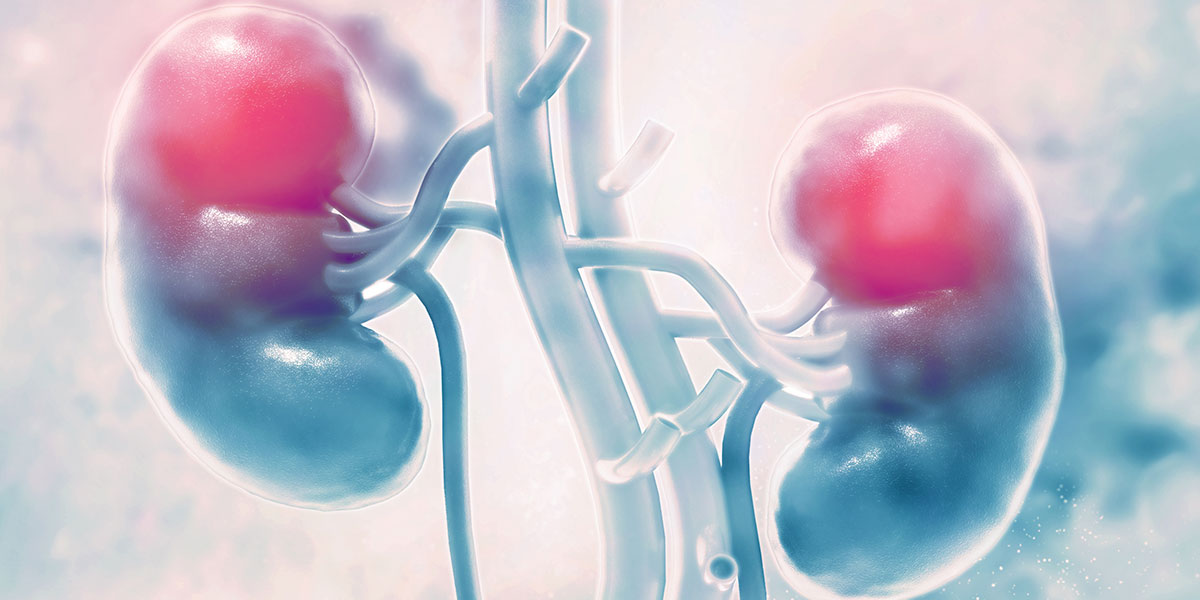
September 14, 2023
Kidney transplant recipients with a failing graft show greater risk of kidney failure than their peers without a transplant
A new study shows that kidney transplant recipients with stable but reduced graft function are more likely to experience kidney failure and death than their similarly matched peers with chronic kidney disease (CKD) who don’t have a transplant.
Some evidence suggests that recipients of donated kidneys with suboptimal but stable function are at increased risk of death compared to people with CKD who have not received a transplant. However, it is less clear as to whether kidney recipients also experience kidney failure more quickly compared to this latter group. To gain more insights, Ngan Lam and colleagues analyzed data capturing 575 kidney recipients and 575 matched controls with similar levels of kidney disease, but who still had their native kidneys, in the province of Alberta between 2002 and 2019.
The researchers assessed how quickly a study participant would experience a decline in their kidney function (as measured by eGFR), or develop kidney failure or die. After a medium follow up period of 7.8 years, the results show that, although eGFR declines at a similar rate in transplant recipients as in nontransplant controls, recipients have a higher risk of kidney failure and death.
The authors note that, since the higher risk of kidney failure observed in transplant recipients cannot be explained by eGFR decline alone, additional follow up studies are needed to identify preventive measures to improve outcomes in transplant recipients with a failing graft.




